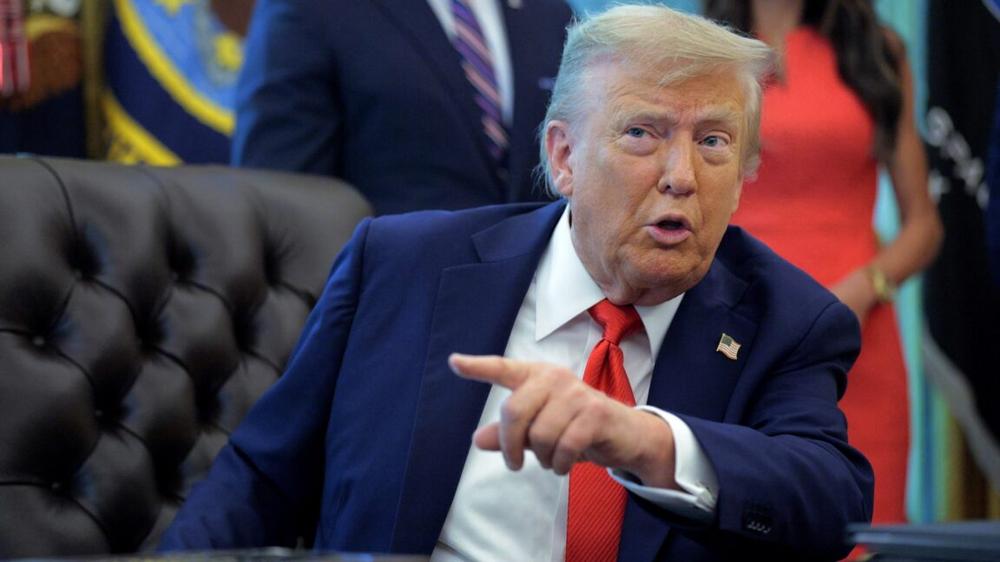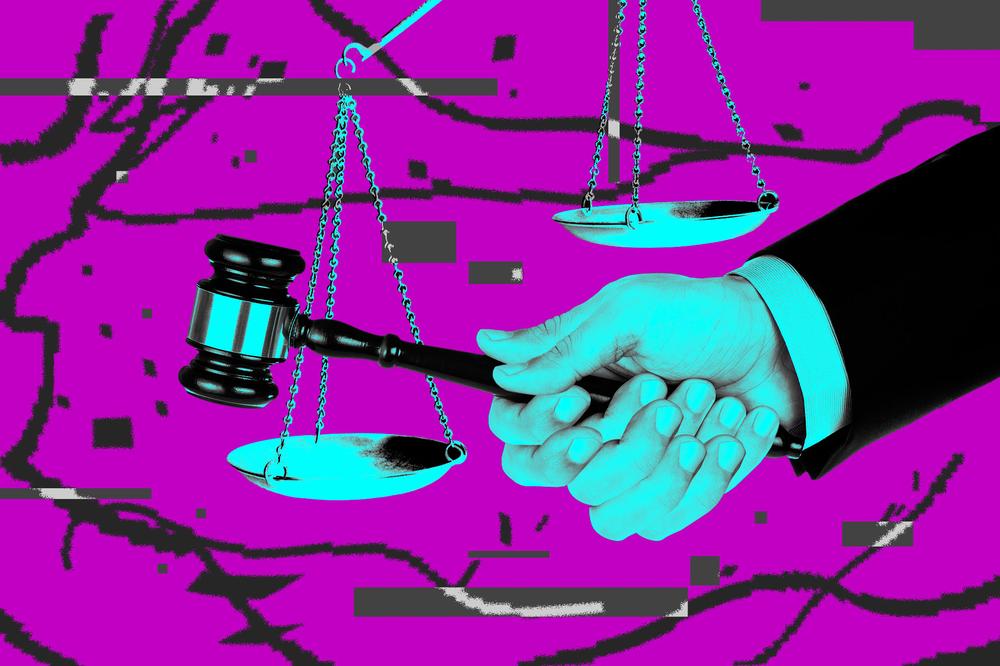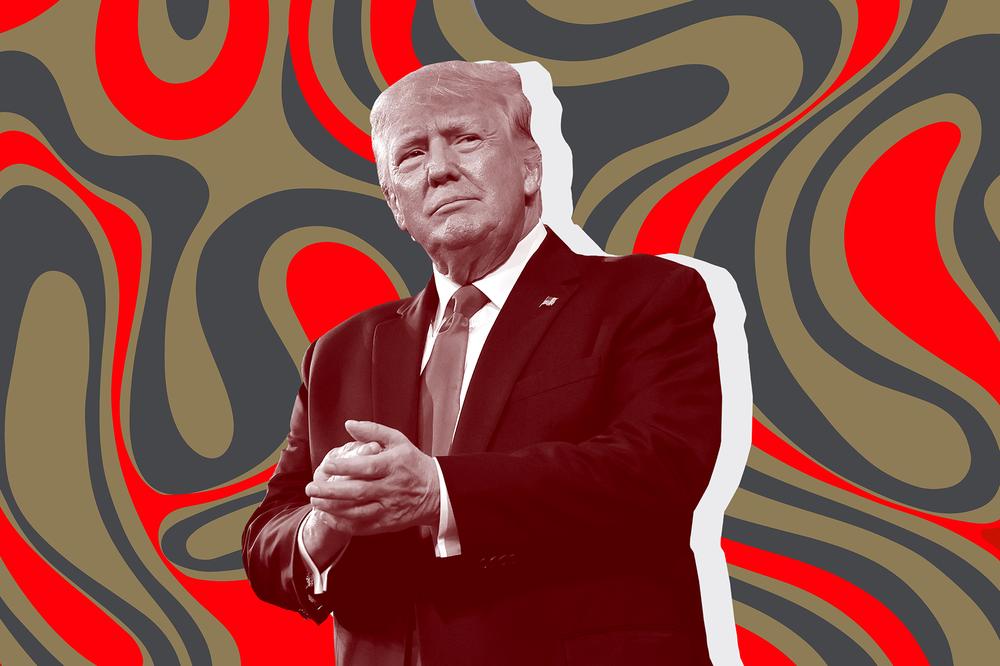Google owner Alphabet today agreed to pay $24.5 million to settle a lawsuit that President Trump filed against YouTube in 2021. Trump sued YouTube over his account being suspended after Trump supporters' January 6 attack on the US Capitol.
Alphabet agreed to pay $22 million "to settle and resolve with Plaintiff Donald J. Trump... which he has directed to be contributed, on his behalf, to the Trust for the National Mall, a 501(c)(3) tax-exempt entity dedicated to restoring, preserving, and elevating the National Mall, to support the construction of the White House State Ballroom," a court filing said. Trump recently announced plans for the 90,000-square-foot ballroom.
The settlement notice, filed today in US District Court for the Northern District of California, said Alphabet will also pay $2.5 million to settle claims with plaintiffs the American Conservative Union, Andrew Baggiani, Austen Fletcher, Maryse Veronica Jean-Louis, Frank Valentine, Kelly Victory, and Naomi Wolf. Under the settlement, Alphabet admits no wrongdoing and the parties agreed to dismiss the case.
When contacted by Ars today, Google said it would not provide any comment beyond what is in the court filing. Trump was suspended from major social media platforms after the January 6, 2021, attack, and was subsequently impeached by the House of Representatives for incitement of insurrection.
Meta settled a similar lawsuit in January this year, agreeing to pay $25 million overall, including $22 million toward Trump's presidential library. In February, Elon Musk's X agreed to a $10 million settlement.
"Google executives were eager to keep their settlement smaller than the one paid by rival Meta, according to people familiar with the matter," The Wall Street Journal wrote today.
YouTube has also relaxed its policies against election misinformation of the kind that Trump used to convince followers that the 2020 election was stolen from him. In 2023, YouTube announced it would no longer remove videos that make false claims about the 2020 election or previous presidential elections. Last week, YouTube agreed to restore channels banned for spreading misinformation about COVID-19 and elections.
“Preposterous” lawsuits
When Trump sued YouTube, Facebook, and Twitter in 2021, he claimed the companies committed "impermissible censorship" in violation of the First Amendment right to free speech, and that the lawsuits could result in "trillions" of dollars in damages.
"Everything in these complaints is preposterous, which should not come as a surprise given Trump's affinity for filing frivolous lawsuits," legal expert Andrew Jay Schwartzman told Ars at the time.
Social media companies chose to settle with Trump even though the First Amendment does not require private companies to host speech. The Constitutional amendment imposes limits on how the government can restrict speech. YouTube reinstated Trump's account in 2023.
After recent reports that YouTube was preparing to settle, Sen. Elizabeth Warren (D-Mass.) told Google CEO Sundar Pichai that a settlement could be an illegal bribe.
"If YouTube settles President Trump's dubious lawsuit in exchange for favorable action by the Trump administration in other matters, the company and its executives may be in violation of federal anti-bribery laws and related state laws such as California's Unfair Competition Law," Warren wrote in a letter last month.
Trump has similarly obtained settlements from ABC and CBS owner Paramount. Paramount settled with Trump at a time when it was seeking Federal Communications Commission permission to complete an $8 billion merger with Skydance, and received that permission shortly after the deal.

 SB 53, the landmark AI transparency bill, is now law in California
SB 53, the landmark AI transparency bill, is now law in California